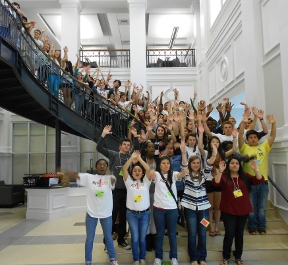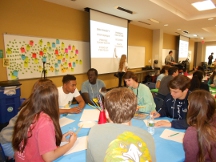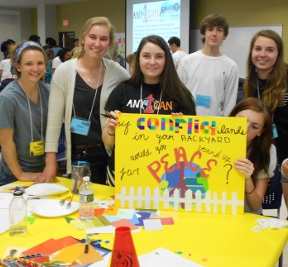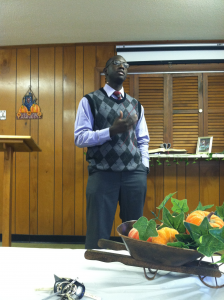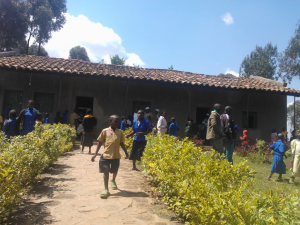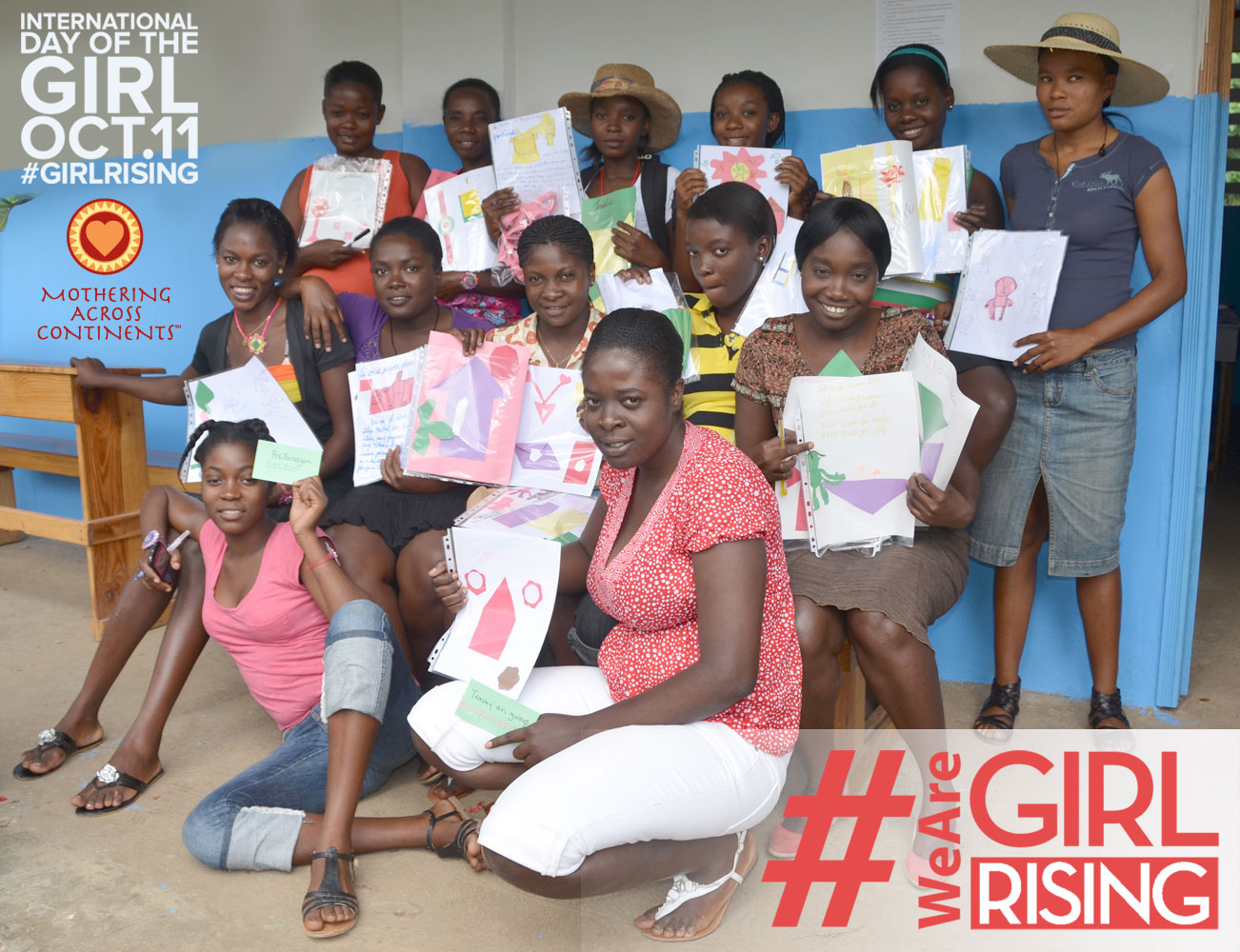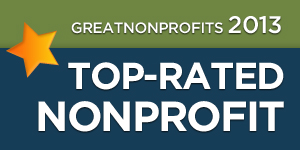Patricia Shafer, July 10, 2015
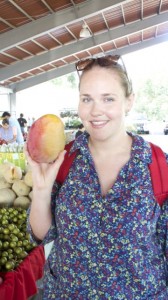 Our program The Global Class helps US schools connect with the world in unexpected ways. Great sentiments and photos are emerging from teachers who just returned from a “Food, Sustainability, Peace” trip to Costa Rica. Seven of these teachers are from East Mecklenburg, a public high school in Charlotte, North Carolina, that has embarked on a three-year Global Immersion Journey. One of the first big “Aha” moments of this facilitated journey was the leadership team’s realization that there had never been a group international trip for East Meck teachers. They agreed on Costa Rica as the first opportunity.
Our program The Global Class helps US schools connect with the world in unexpected ways. Great sentiments and photos are emerging from teachers who just returned from a “Food, Sustainability, Peace” trip to Costa Rica. Seven of these teachers are from East Mecklenburg, a public high school in Charlotte, North Carolina, that has embarked on a three-year Global Immersion Journey. One of the first big “Aha” moments of this facilitated journey was the leadership team’s realization that there had never been a group international trip for East Meck teachers. They agreed on Costa Rica as the first opportunity.
Of course, a trip like this means thousands of photos and memories. But global education facilitator Carina Cordero, who guided the trip, suggests that the traditional Costa Rican greeting of “Pura Vida!” (pure  life) captures the essence. And there is definitely a peaceful feeling that comes through in some of the photos of fresh food. As the 2015-16 school year nears, these teachers will spend a full day reflecting and planning how to incorporate trip insights into lesson plans. East Meck has a 2015-16 goal of 50% of students experiencing a deep dive education experience on the global theme of “Food, Sustainability, Peace.”
life) captures the essence. And there is definitely a peaceful feeling that comes through in some of the photos of fresh food. As the 2015-16 school year nears, these teachers will spend a full day reflecting and planning how to incorporate trip insights into lesson plans. East Meck has a 2015-16 goal of 50% of students experiencing a deep dive education experience on the global theme of “Food, Sustainability, Peace.”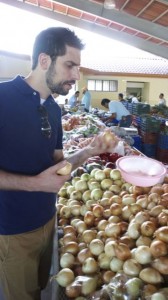
Meanwhile, it’s a summary from Jonathan Janus, who teaches 9th grade English and AP Human Geography, that inspires us at Mothering Across Continents and The Global Class: “It is easy to use global lingo and throw in global concepts at a shallow level. However, the ultimate goal of global education is to change the way students look at the world and live in the world. Three stories struck me as valuable lessons of the importance of facing challenges and overcoming them, lessons that I can apply. The first was the struggle of an organic coffee farmer to be a good steward of his land while trying to make money to support his family. Another was the scarred face of a Nicaraguan boy at a rural school whose poignant story captured our hearts, a reminder that 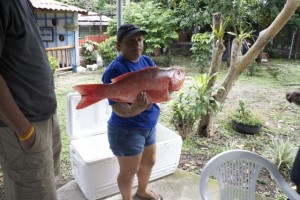 immigration is not just a 1st world problem. The third story was the local fishermen who spent years taking on big business and ended up preserving a beautiful and rapidly shrinking way of life. These stories would have remained untold without the opportunity for us to witness them firsthand. This trip and others like it are essential to forming global teachers and global classrooms.”
immigration is not just a 1st world problem. The third story was the local fishermen who spent years taking on big business and ended up preserving a beautiful and rapidly shrinking way of life. These stories would have remained untold without the opportunity for us to witness them firsthand. This trip and others like it are essential to forming global teachers and global classrooms.”

